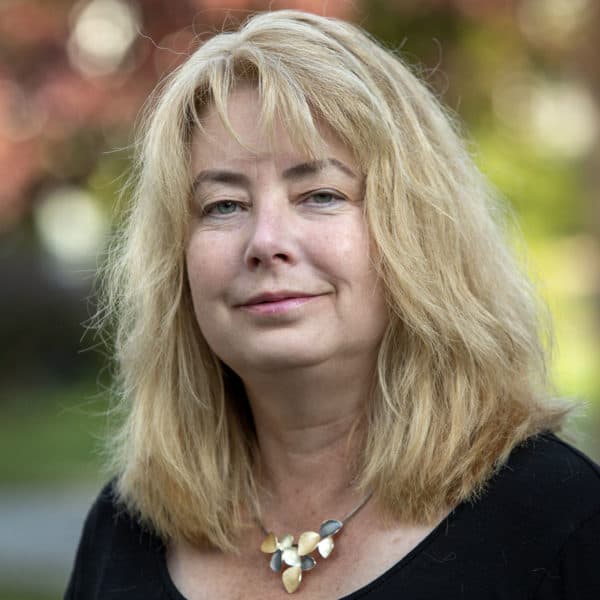Advertisement
Boston's Ideas & Opinion Newsletter
On the far shore: A journey through divorce

Editor's Note: This is a letter from the editors included in WBUR's weekly opinions and ideas newsletter, Cognoscenti. If you like what you read and want it in your inbox, sign up here.
A few years ago, as my husband and I began our divorce, it seemed like almost no one else I knew was slogging through the same swamp of despair. “How could this be?” I wondered. Even if fewer people are divorcing, a hefty chunk of married couples are still splitting up. So where were all the other women dividing up 20 years’ worth of books, interviewing mediators and scribbling out financial plans?
As a journalist, I did what I often do in tough moments: research. I learned that people with college educations and higher incomes (like many of us in Massachusetts, despite our great inequities) are less likely to divorce. I discovered that, statistically, divorce may still be common, but in many circles, it’s much more scarce.
So I recruited my friends, who would sustain me through seasons of pain. I asked them about their friends who were also muddling through, or on the far shores of the finally divorced. One friend-of-a-friend, past the anguish of her divorce, emailed me immediately. She wished me courage and wrote a line I often remembered: “In my own case, I feel not just happy, but REBORN.”
Another woman became my own ally and friend. Later, I texted her when grief deluged me unexpectedly. “I think I know how you feel,” she wrote back immediately. I was still sad, but I wasn’t alone.
I created my own circle of support. But after her own divorce, therapist and Cog contributor Oona Metz started running support groups for women. This week, Oona wrote about how our society often neglects to talk about the pain of divorce. We have rituals for death and for marriage, but not for the death of a marriage.
Attorneys say divorce is a financial transaction, but Oona writes that “letting go of money is often easier than letting go of the hope that the marriage will improve, the family can remain intact, the future is certain.”
I discovered — and Oona sees in her practice — that connection and the chance to talk openly with people who understand help us move toward healing and growth. Now it’s my turn: I’m finding my place on the far shore, a reminder that beyond the pain of letting go of a dream, there is still life, still joy.
